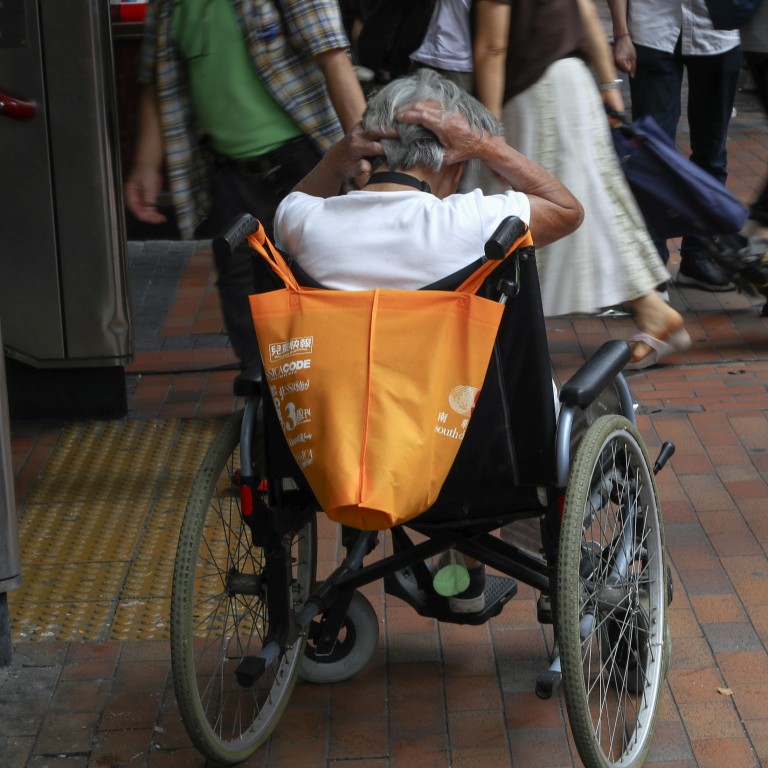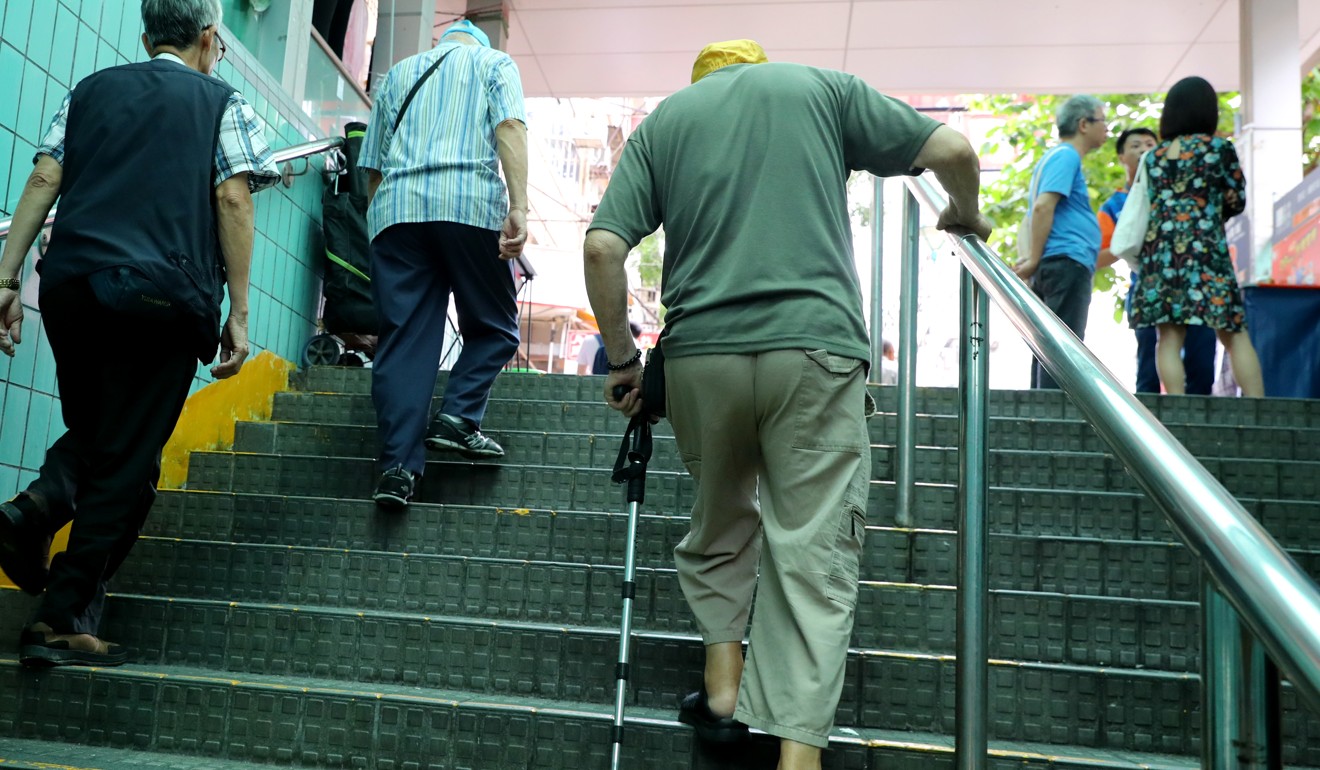
Right to die: proposed changes to law would allow Hongkongers to choose treatment they want to receive if they become terminally ill
- Proposal welcomed by some, but they say more needs to be done, including having many more doctors to explain options to patients and family members
- Hong Kong’s population is ageing rapidly and official data indicates there will be an estimated 98,000 deaths a year by 2066, up from 46,700 in 2016
Rapidly greying Hong Kong is taking steps to let people decide the treatment they receive when they become terminally ill, and to choose where they prefer to die.
Proposed changes to the law unveiled on Friday would allow people to draw up an advance medical directive – commonly referred to as a “living will” – to specify they do not want treatment that will prolong their life when they are dying.
This includes stating they do not wish to be resuscitated or kept alive by artificial respiration.
These proposals were welcomed by those concerned with care of the elderly and end-of-life issues, but they said much more needs to be done to raise awareness of advance directives, and this included having many more doctors who could explain to patients and family members.
The proposal is to let Hongkongers aged 18 or above and of sound mind to make an advance directive in writing in the presence of two witnesses, one of whom must be a registered doctor, and neither of whom is a beneficiary of the patient’s inheritance.

The directive will be applicable if a person with a specified illness becomes terminally ill, enters a persistent vegetative state, goes into an irreversible coma or has other end-of-life illnesses.
“This new law will add more certainty and protection to uphold the patient’s right to self-determination and enhance the quality of life for the terminally ill,” said Albert Lam Kai-chung, a Food and Health Bureau consultant who was involved in the law reform.
Those with advance directives cannot be denied basic care or palliative treatment and cannot request illegal procedures such as euthanasia, or mercy killing.
This new law will add more certainty and protection to uphold the patient’s right to self-determination and enhance the quality of life for the terminally ill
The advance directive will exempt medical professionals from civil and criminal liabilities when they fulfil the patient’s wishes, even where family members dispute the patient’s preferences.
The proposals will be up for public consultation until December 16.
The proposed changes come at a time when Hong Kong’s population of 7.4 million is ageing rapidly and official data indicates there will be an estimated 98,000 deaths a year by 2066, up from 46,700 in 2016.
If Hong Kong’s terminally ill live out their days in hospital, the current severe shortage of beds in public hospitals can be expected to worsen in future.
Lam cited a 2017 Chinese University survey which showed that one in four elderly people preferred receiving end-of-life care at care homes, instead of in hospital.
Currently, however, all deaths in a care home must be reported to a coroner, whereas a death at home need not be reported if the person was seen by a doctor within 14 days prior to death.
To simplify matters for those who prefer to spend their final days in a care home, the government wants to remove the requirement to report the death to a coroner if the dead person was seen by a doctor in the fortnight before death.
But this change will require coordination between hospitals and care homes, as well as resources to enable the homes to cater to the terminally ill and their family members.
Five handy tech gadgets that make life easier for the elderly
The proposals for advance directives will provide legal backing not yet available to those who have preferences about their end-of-life treatment.
As far back as 2006, the Law Reform Commission recommended introducing advance directives, but they were not legally binding. Last year, public hospitals dealt with only 1,557 advance directives.

Lam said it was time to give advance directives the full support of the law, as the existing scheme had no clear rules and was difficult to administer.
“Codifying the practice will give legal protection to medical personnel and respect the will of the patients made before they lost the capacity to make that call,” Lam said.
Dr Tse Chun-yan, the Hospital Authority’s task force adviser on advance directives, made it clear that the proposals do not open a back door to allowing euthanasia.
How elderly Hongkongers could beat poverty while fighting climate change
“Euthanasia is a direct action like a lethal injection to end a patient’s life,” he said. “Refusing certain treatments may also cause a patient to die, but death may not happen for several months.”
Tim Pang Hung-cheong, spokesman of the Patients’ Rights Association, a concern group, welcomed the initiatives and urged the government to raise awareness of the advance directive scheme.
“A 2016 survey showed 86 per cent of adults had never heard of advance directives, which means there is still a lot to be done to ensure Hongkongers fully exercise the rights available to them,” Pang said.
“This legal change is certainly a step in the right direction, but a more effective and lasting change will come from promoting a cultural shift where family members will respect patients’ choices and support medical personnel in carrying them out.”
Public hospitals have systems to help patients understand advance directives, including having doctors explain the purpose, function and consequences.
Ivan Lin Wai-kiu, from the Society for Community Organisation, who has raised issues related to elder care, said more resources are needed before advance directives take off.
“The government needs to hire more doctors and trained professionals who will be dedicated to giving information and taking patients through the most difficult decision of their lives,” he said.
“The government should also actively engage family members, so they will properly understand the rationale for the proposed changes, which is not to shut them out of patients' lives and well-being and deprive them of their vital role as carers.”
